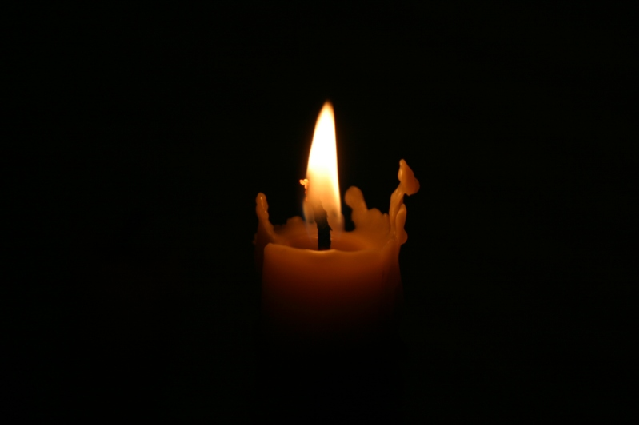
THE electricity crisis at the United Bulawayo Hospitals (UBH) is the epitome of the decay at the country’s major health institution and is another poignant reminder to the government to take its business serious. UBH, as we reported yesterday, has been without electricity since Saturday, but it has been business as usual for the government.
The referral hospital is relying on generators to power emergency and critical wards such as the maternity, intensive care unit (ICU) and theatre. Patients were being served cold food and rely on candles and torches in wards where there was no generator-powered lighting.
There are reports that patients in critical condition are being discharged probably to die at home.
Some new cases are being referred to Mpilo Hospital, which because of its well-publicised problems would also struggle to cope.
Lives that could have been saved with simple medical procedures are going to be lost unnecessarily because there would be no sufficient facilities to cater for all patients.
UBH caters for patients from Matabeleland North, Matabeleland South, the Midlands and Masvingo, which makes it a vital cog in the health delivery system. The hospital’s chief executive officer Nonhlanhla Ndlovu has stressed that the fault has nothing to do with the Zimbabwe Electricity Supply Authority (Zesa).
She said the hospital needed to replace underground cables within the institution, which means it has to buy the needed materials on its own.
Ndlovu hopes that the problem could be rectified by next week.
- Chamisa under fire over US$120K donation
- Mavhunga puts DeMbare into Chibuku quarterfinals
- Pension funds bet on Cabora Bassa oilfields
- Councils defy govt fire tender directive
Keep Reading
However, that is too far. A hospital the size of UBH cannot be allowed to go for an hour without electricity let alone two weeks.
The Health and Child Care ministry ought to have done something already about the UBH crisis.
It is worrying that authorities have been quiet about the problem for so long and people have been suffering in silence.
Zesa as a national institution should not leave UBH to grapple with this problem on their own but move in and offer guidance on how the problem could be easily resolved.










